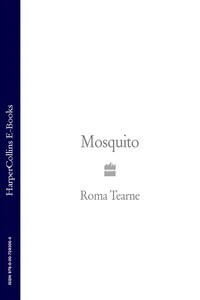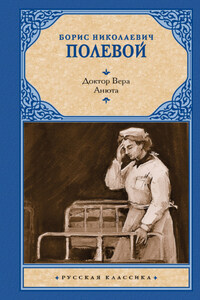Chapter 1
THE CATAMARAN, ITS BLUE-PATCHED SAILS no longer flapping, its nets full of glistening catch, came in after the night’s fishing. The breeze had died down, the air had cooled, and the fishermen’s sarongs slapped wet against their legs as they swung the boat above the water, to and fro, and up and along the empty beach, scoring a dark, deep ridge in the sand. Often, before the monsoon broke, the sea was like a mirror. The sky appeared joined to it with barely a seam, there was a faint vibration of thunder and along the shoreline the air hung in hazy folds, suspended between land, and sea, and sky. In a few hours the heat would spread insidiously, hovering with the mosquitoes and the spiders that waited motionless and lethargic, trapped by their own clammy inertia. But still there was no storm. Every year it was like this, before the monsoon, for three or four days, sometimes even longer. Every year, around the third week in June, a yellowing stickiness, a blistering oppression clung everywhere, so that even the bougainvillea lost its radiance.
Theo Samarajeeva walked back from the beach with fresh fish for lunch. It was still early. The manservant, Sugi, had brought breakfast out on to the veranda. A black-and-gold lacquered tray with a white cloth was placed on the cane table. There was a silver teapot, a jug of boiled milk, one cup and a saucer. There was some freshly cut pineapple and some curd and roti.
‘You had better get the lime juice ready, Sugi,’ said Theo Samarajeeva wryly, hearing the gate click shut. The manservant grinned and went inside.
‘You see, by a process of elimination I knew you would be coming here,’ Theo said, turning towards the gate by way of greeting.
‘How?’ asked Nulani Mendis, appearing, sitting down opposite him, and helping herself to the glass the manservant held out to her. Theo Samarajeeva watched as she drank. He watched her gasp as the cool, sharp liquid caught in her throat. He noticed that her fingernails had small slivers of paint under them. She wore a green skirt wrapped tightly around her waist, and a soft faded white blouse of some thin opaque fabric. The skirt was old, and almost exactly the colour of the lime juice.
‘How did you know I would come today?’ she demanded again when she had finished drinking.
‘Well,’ said Theo, ‘I saw you walking on the beach earlier, and as I hadn’t seen you for at least twenty-four hours I told Sugi: Ah! Miss Nulani will be here later so don’t forget her lime.’
Nulani smiled guiltily, remembering she was meant to go straight home.
‘So, poor Mrs Mendis still waits for her daughter, no?’ he guessed.
Inside, in the dark interior of the house, music was playing on the radiogram. It floated out through the open windows, tripping effortlessly down the steps from the veranda before dispersing into the trees.
‘I’ve been drawing,’ said Nulani, taking out a small notebook from her satchel. ‘Look!’
She moved her chair closer to his, giving him the book. Images rose out of it, they fell hither and thither, marvellously, on to his knees. A man sat under a tamarind tree, another squatted in the narrow spit of shade afforded by a house. A woman stretched out on a makeshift bed staring at the rough edges of a palm roof through the bars of the window. Someone, a middle-aged man, lean legs stretched in front of him, was writing, head bent at a table. He had a cigarette in his left hand and behind him was the blur of tropical trees.
‘This is me, no? When did you do this one?’
‘Yesterday,’ said Nulani, laughing. ‘I was hiding over there, you didn’t see me.’
‘You little pest! Why didn’t you make yourself known? Sugi had made a fine red mullet curry. You could have eaten with me.’
‘You are not angry?’
‘I feel the bushes have eyes,’ he teased her. ‘I shall have to watch everything from now on. No talking to myself any more! But seriously, these are good. Are you going to use them in a painting?’
‘I don’t know,’ said Nulani, frowning. ‘Do you really like them?’ And boldly, ‘I want to paint you. But …’
Theo considered her. For a moment he felt lost for words. Nulani Mendis had been visiting him for nearly three months now. It had begun when he had first moved to this part of the island. The convent school had invited him to give a talk on his latest book. He had not long been back from the UK, some perversity making him give up the modest success he enjoyed there. People thought him mad. The Liberation Tigers had been demanding a separate Tamil state for years with no success. Civil unrest grew daily. Then, after Singhala was made the national language, discrimination against the Tamils became commonplace. A potential guerrilla war was simmering. Why did he want to go back to that hell? they asked. Was he off his head? An established writer, with a comfortable life in London, his own flat, his work, what could he want with Colombo? Was it not enough writing books on the impending violence, did he want to











